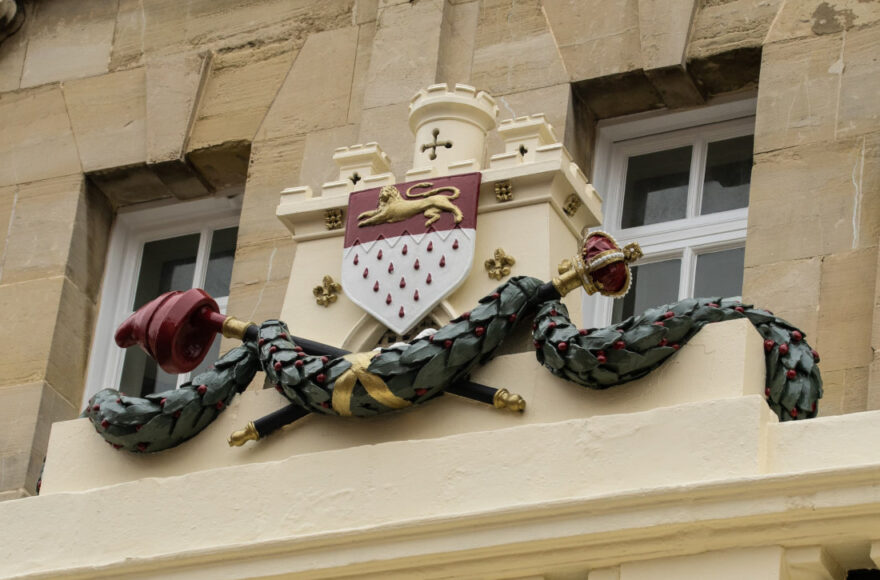Understandably, many people are reluctant to think about their own demise, preferring to go through life never thinking about making a will – from a legal standpoint, however, it is important not only to make a will but also to give sufficient consideration to how best to avoid your will being challenged after your death.
Wills can be contested for various reasons and there are various ways in which the validity of a will can be challenged. Perhaps the testator (the person making the will) lacked the legal capacity required to make the will, or was subject to undue influence by a beneficiary at the time the will was written.
One of the best ways to minimise these risks is to seek professional will-writing advice. A good solicitor will highlight any potential challenges and help protect the provisions of your will. Whilst no guarantees can be given, taking legal advice has been proven to increase the chances of your wishes being put into effect after your death.
A good example of this can be seen in the case of Burns –v– Burns, heard in the Court of Appeal in 2016. According to the deceased’s will, her estate was left to her grandchildren equally. Motivated by the fact that a previous will gave her a larger share, one of the grandchildren challenged the will’s validity, justifiably claiming there were concerns about the deceased’s mental condition prior to the will being made.
If a solicitor engaged to assist with writing a client’s will knows there are potential issues, they are obliged to take steps to ascertain the testator is legally capable of making a will before drawing up that will. In the case of Burns –v– Burns, notwithstanding the fact that the solicitor did not consult a medical professional to establish his client’s mental capacity, he did establish and document his opinion that, on balance, the testator knew what she was doing when she made the will. As a result, the appeal was dismissed and the legal challenge failed; had the deceased made her will without the input of a solicitor, the appeal court judges would most likely have ruled differently.
If you think you may have grounds to challenge a will it can be important to act quickly – if you would like more information on contesting or making a will, contact the George Ide team on 01243 876668 or email us at info@georgeide.co.uk.
Ian Oliver. Partner, Dispute Resolution.
Contact Our Friendly Legal Experts Today
For general enquiries or to discuss more specific needs in personal or commercial law please get in touch with a friendly member of our team today.
Latest News

All You Need to Know About Contentious Probate

Myth busting Mediation - What is it, and how can it help?

Your Quick Guide to End of Year Tax Planning

Court Claims & the Limitation Period

How the Court of Protection Works and the Role of a Deputy








